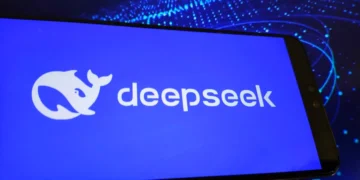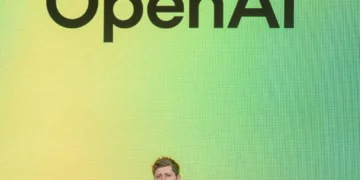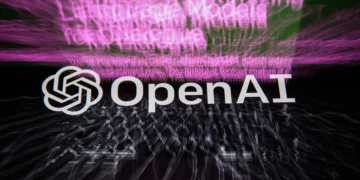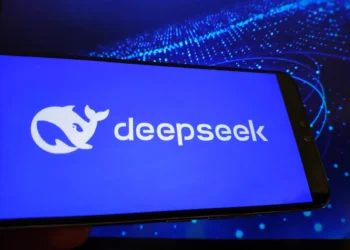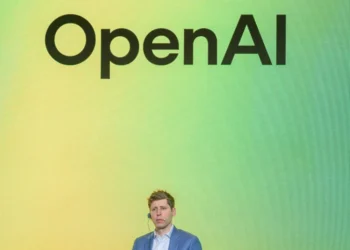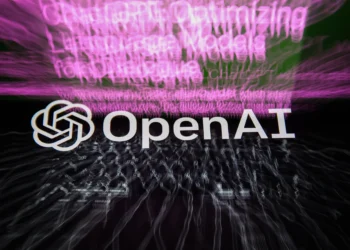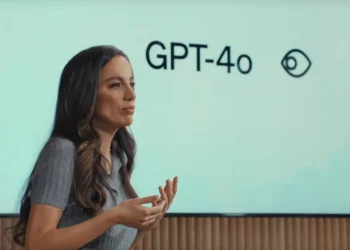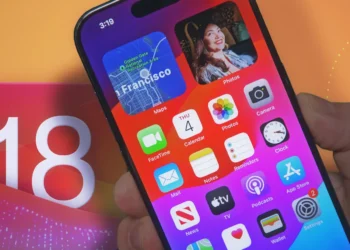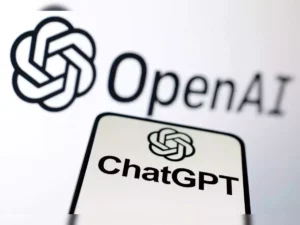
OpenAI, the creator of the popular AI chatbot ChatGPT, has secured another news licensing agreement in Europe, this time with London’s Financial Times, adding to its expanding roster of content partners.
Similar to previous agreements with publishers, the financial specifics of this deal remain undisclosed.
This latest agreement is described more intimately as a “strategic partnership and licensing agreement,” setting it apart from other OpenAI deals with major publishers like Axel Springer in Germany, and the AP, Le Monde, and Prisa Media in France and Spain, respectively. While the CEO of Le Monde also labeled their March partnership with OpenAI as strategic, this new deal with the Financial Times is explicitly non-exclusive and does not involve OpenAI acquiring any stake in the FT Group.
Under this agreement, the Financial Times will allow OpenAI to use its content to train AI models and, where fitting, to enhance AI-generated responses in tools like ChatGPT, mirroring the structure of OpenAI’s other publisher agreements.
The strategic aspect of the partnership focuses on the Financial Times enhancing its understanding of generative AI as a tool for discovering content and collaborating to develop new AI-driven products and features for its readers, suggesting an eagerness to broadly adopt AI technologies.
The partnership also facilitates the inclusion of select attributed summaries, quotes, and rich links to FT journalism in ChatGPT responses relevant to user queries, as noted in a Financial Times press release.
Earlier this year, the publisher started using OpenAI’s ChatGPT Enterprise product, indicating an interest in deepening its engagement with AI technology while also acknowledging concerns about the reliability of automated outputs and potential risks to reader trust.
FT Group CEO John Ridding emphasized the agreement’s importance, highlighting its recognition of their award-winning journalism and providing early insights into AI-driven content surfacing.
He acknowledged that while the deal benefits the FT, it also has wider industry implications, advocating for AI platforms to compensate publishers for their content. OpenAI’s commitment to transparency, attribution, and compensation is vital, he noted, adding that reliable sources in these products are beneficial for users.
Large language models like OpenAI’s GPT, known for generating information or “hallucinating,” contrast sharply with journalism’s emphasis on accuracy. This partnership aims to address these model shortcomings by leveraging FT journalism.
The backdrop includes legal considerations concerning copyright, highlighted when the New York Times sued OpenAI in December, alleging unauthorized use of its content to train models. This partnership represents a proactive approach to mitigate such legal risks.
OpenAI informed TechCrunch that it has nearly a dozen similar publisher agreements, with more anticipated.
Such deals could potentially draw readers to publishers through ChatGPT citations, though there’s a risk generative AI could divert traffic from news sites, presenting strategic challenges and opportunities for publishers.
Meanwhile, the reputation of publishers like CNET has been impacted by premature adoption of AI in content production, underscoring the reputational risks involved.
The FT, known for its high-quality journalism, recently introduced a GenAI tool for subscribers, adding a natural language search feature to its two decades of content, aiming to enhance the value of its subscriptions.
Additionally, the use of tools like ChatGPT in Europe faces legal uncertainties due to privacy law concerns.

